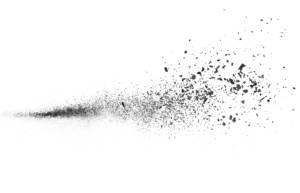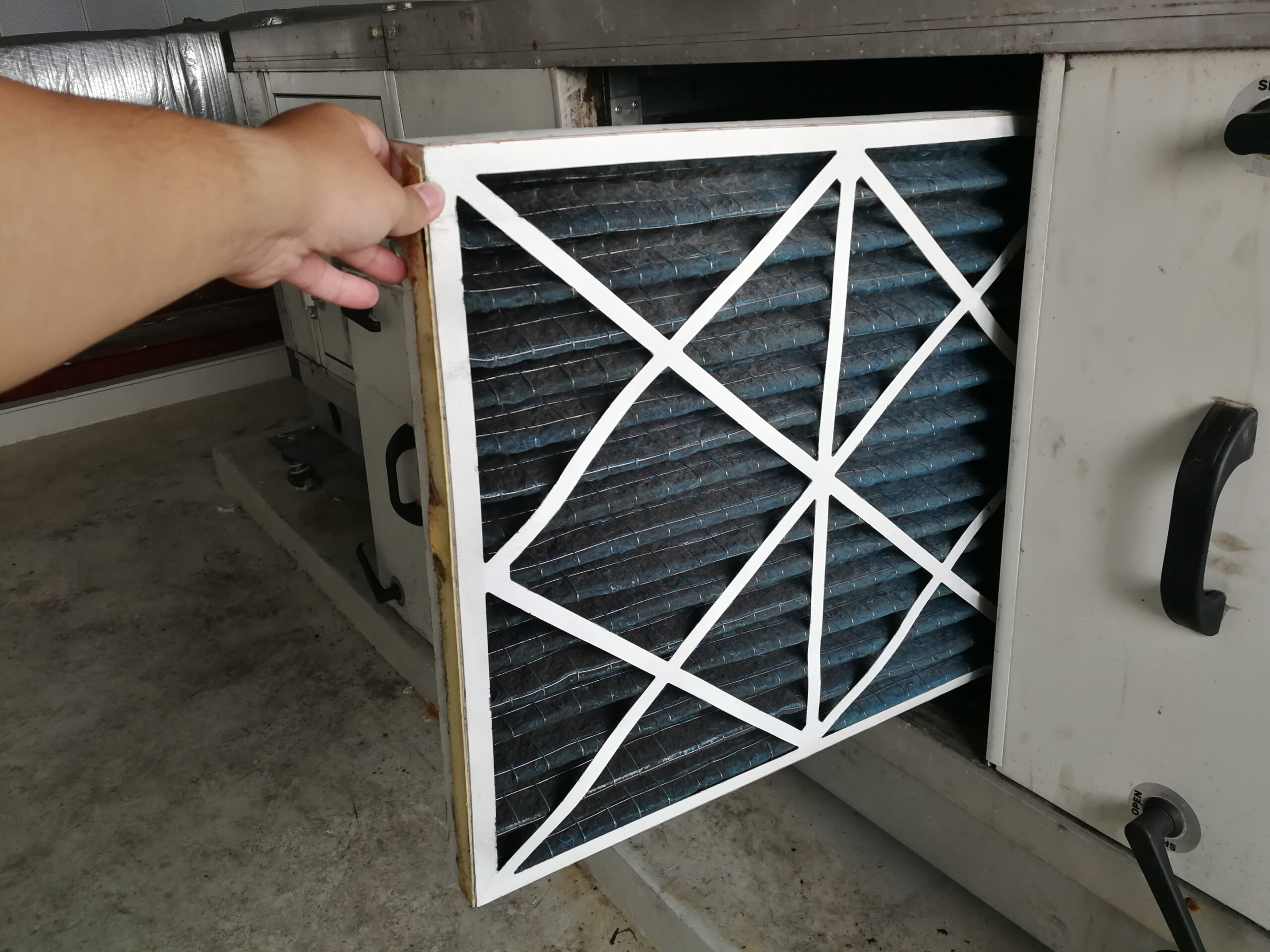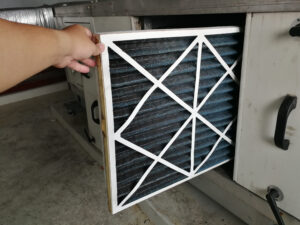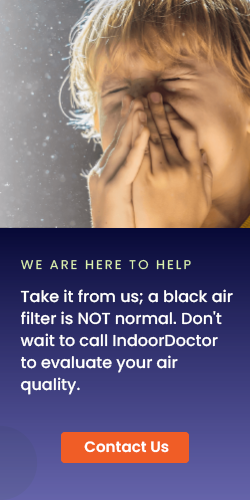In general, homeowners should replace pleated air filters and furnace filters in their homes every few months. These filters trap dust, dirt, and allergens, and the longer they’re in place, the more likely they are to become clogged and have decreased efficiency.
However, if life gets the better of you, and you find that you haven’t changed your air filter in months, don’t worry! Just make sure you get it done. In many ways, your air filter helps reveal the health of your home, and you don’t want to put off a check-up for too long. It’ll be normal to see a little bit more dust accumulation while you’re making the switch, however, as dust, dirt, and allergens don’t stop just because you forgot.
What’s not normal? A black air filter! If you start seeing black, it’s time to call the IndoorDoctor because you’ll need a professional’s help to deal with the problem. Here’s what you’re likely up against.
The Benefits of Bagged Vacuum Cleaners For Allergy Sufferers
Top Reasons Your Air Filter is Black
-
Soot

Soot is one of the most common ways you can turn your air filter black. Most often, it is caused by candles or gas water heaters.
Candles: Really? Candles? Yes! Generally, burning candles is harmless, but black soot is a byproduct that can be produced. If there is a buildup of excess candle soot, it can make your air filter less efficient overall. Here are some options if your black air filter is caused by candles.
- Stop using candles altogether
- Avoid excess airflow around the candle to help reduce soot production
- Trim candlewicks to one-quarter inch before lighting the candle each time
- Choose all-natural candles made from soy
- Avoid using candles made from petroleum jelly or vegetable oil
Gas water heaters: This fixture is also capable of producing black soot. If you have a gas water heater, make sure the color of the flame is blue. A blue flame indicates a clean burn. If you see the flame flickering, then there may be an issue.
-
Mold

Soot turning your air filter black is bad news, but mold can wreak havoc. Mold can grow on your air filter due to the condensation that collects on the evaporator coil (especially in humid conditions). The moisture can then transfer to the air filter, and the mold will begin to grow.
Mold causes asthma, fungal sinusitis, pneumonitis, worsening allergy symptoms, and more. Calling an IndoorDoctor technician immediately to help you dispose of the air filter, find the source of the mold, and inspect your HVAC system will ensure that your home is healthy moving forward.
-
Clogged filter
If neither soot nor mold is identified, your air filter may be severely clogged. This can be serious because a clogged filter restricts airflow and hinders your home’s indoor air quality.
Additionally, not only does the clogged filter cause both you and your family’s health harm, but it also damages your HVAC system in the process. A clogged filter will be ineffective against pollutants in our home, which means you’ll be at risk. Furthermore, while your system will not be running effectively, it will still be running for long periods of time and deteriorating because of the increased stress from the air that cannot easily pass through the filter.
What’s the Solution?
If you notice your air filters turning black, it’s time to conduct indoor air quality testing. Call IndoorDoctor immediately. They can help you identify whether you’re breathing in harmful soot, chemicals, mold, lung-damaging particulate matter (PM), and/or dirty air. They’ll perform their state state-of-the-art testing with diagnostic equipment and proven laboratory techniques. Visit our air quality testing page to learn more.








